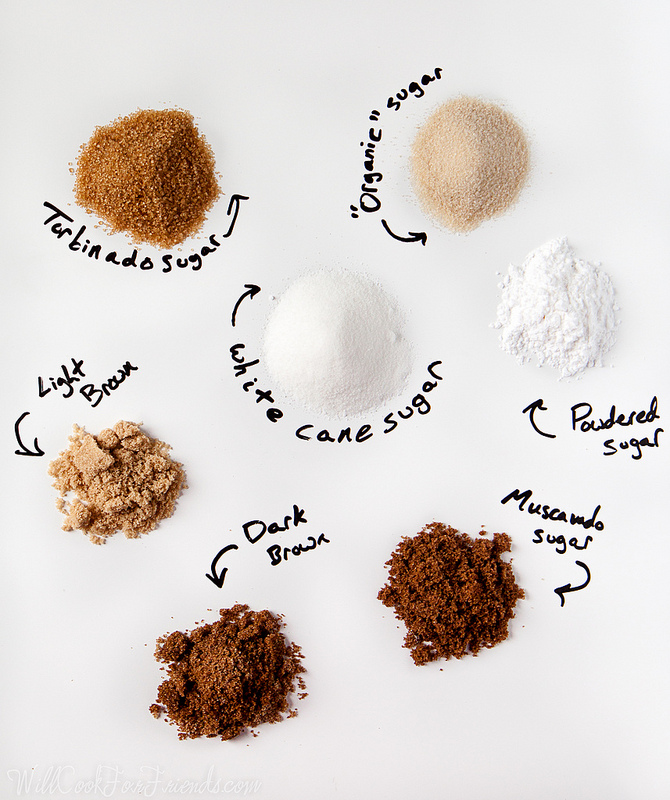Exploring Eco-Friendly Cane Sugar Processing Chemicals
Exploring Eco-Friendly Cane Sugar Processing Chemicals
Blog Article
Navigating Regulatory Conformity and Sustainability With Cutting-Edge Cane Sugar Processing Chemicals in the Chemical Export Market

Regulatory Landscape Introduction
In the world of walking stick sugar processing chemicals within the chemical export industry, understanding the regulatory landscape is extremely important for making certain compliance and lasting operations. Regulative bodies such as the Epa (EPA) and the Fda (FDA) play a critical duty in looking after the manufacturing, import, and export of these chemicals. Compliance with regulations set forth by these bodies is not just a legal demand yet likewise vital for preserving public health and environmental security requirements.
Regulatory frameworks controling walking stick sugar handling chemicals include a wide variety of elements, consisting of labeling demands, allowable levels of certain materials, and guidelines for secure handling and disposal. For chemical exporters, this indicates adhering to stringent paperwork processes, quality assurance measures, and regular audits to show adherence to these policies.

Sustainable Walking Cane Sugar Chemical Innovations

One noticeable location of advancement is the development of environment-friendly chemicals that minimize water and energy consumption throughout the sugar processing phases. By carrying out these sustainable services, business can decrease their carbon footprint while keeping high degrees of performance. Additionally, advancements in eco-friendly chemicals are getting grip, using a more environmentally friendly option to traditional processing agents.
In addition, the integration of renewable resource sources in the production process is coming to be more common, more boosting the sustainability profile of cane sugar handling. By welcoming these sustainable walking cane sugar chemical advancements, business can not only meet regulative requirements yet additionally demonstrate a commitment to environmental obligation in the chemical export market.
Conformity Difficulties in Exporting Chemicals
Browsing regulatory frameworks presents substantial challenges for chemical merchants, requiring thorough attention to conformity criteria and worldwide legislations. Exporting chemicals involves adherence to a complex web of regulations that vary from country to nation. One of the main compliance challenges dealt with by chemical merchants is making certain that the products satisfy the certain regulative needs of the importing nation. This includes obtaining the essential authorizations, certifications, and documentation to demonstrate the safety and validity of the chemicals being exported.
In addition, chemical exporters have to stay abreast of regularly advancing policies and requirements connected to chemical transportation, handling, and manufacturing. Failure to adhere to these regulations can result in extreme effects, including fines, legal activity, and reputational damages. In addition, navigating profession limitations, assents, and export control regulations adds an additional layer of intricacy to the compliance landscape for chemical exporters.
To alleviate these difficulties, chemical merchants must buy robust conformity programs, perform normal audits, and engage with regulatory authorities to ensure an extensive understanding of the suitable laws and policies. By prioritizing compliance and remaining proactive in resolving governing obstacles, chemical exporters can navigate the intricacies of global profession effectively.
Environmental Impact of Walking Stick Sugar Processing
The environmental implications of walking cane sugar processing are a vital element needing thorough assessment in the chemical export market. Cane sugar handling can have considerable ecological impacts at numerous phases of manufacturing. Among the key concerns is the generation of large quantities of wastewater containing natural matter, put on hold solids, and chemicals utilized in the handling plants. This wastewater, if not effectively dealt with, can pollute water bodies, damage aquatic life, and weaken general water high quality. In addition, the burning of sugarcane areas prior to collecting, a typical technique in some areas, releases dangerous air pollutants and greenhouse gases into the environment, adding to air high quality concerns and climate modification.
Additionally, the comprehensive use of chemicals and plant foods in sugarcane farming can result in dirt deterioration, water contamination, and injury to non-target microorganisms. It is important for chemical merchants associated with the walking cane sugar handling market to implement lasting practices, invest in sophisticated wastewater therapy modern technologies, promote responsible agricultural techniques, and comply with rigorous environmental guidelines to lessen the adverse environmental impact of their operations.
Future Trends in Sustainability Practices
What ingenious approaches are chemical merchants in the walking cane sugar see handling market embracing to boost sustainability techniques for the future? One popular fad is the shift in the direction of creating and making use of green chemicals in the handling of walking cane sugar - Cane Sugar Processing Chemicals.
Another vital trend is the implementation of innovative innovations such as automation and data analytics to maximize resource usage and minimize waste generation. By using the power of data and automation, chemical merchants can improve their operations, enhance power effectiveness, and enhance general sustainability efficiency.
Moreover, collaborations and partnerships with sustainability-focused companies and stakeholders are coming to be progressively common. By interacting, chemical exporters can read the article exchange expertise, share best practices, and jointly drive technology towards even more lasting cane sugar handling practices. Welcoming these fads will certainly not only profit the environment yet also make sure long-term success and competition in the sector.
Final Thought
In conclusion, the chemical export market have to navigate intricate regulatory landscapes and sustainability difficulties when processing walking stick sugar. Technologies in walking cane sugar processing chemicals are vital to fulfilling conformity criteria and lowering ecological effect. As the industry remains to advance, it is necessary for business to adopt sustainable techniques and remain ahead of future patterns to make certain long-lasting success.
In the world of walking cane sugar handling chemicals within the chemical export sector, recognizing the regulatory landscape is extremely important for making certain compliance and sustainable procedures.Exploring ingenious strategies in the growth of lasting walking stick sugar chemical options is essential for progressing ecological stewardship in the chemical export market. Firms are significantly my response investing in study and advancement to produce advanced cane sugar handling chemicals that not just make certain high efficiency in sugar production yet likewise adhere to stringent sustainability criteria.
Additionally, chemical exporters must remain abreast of frequently developing guidelines and criteria associated to chemical production, transportation, and handling - Cane Sugar Processing Chemicals.The ecological implications of cane sugar processing are an important facet requiring extensive examination in the chemical export market
Report this page